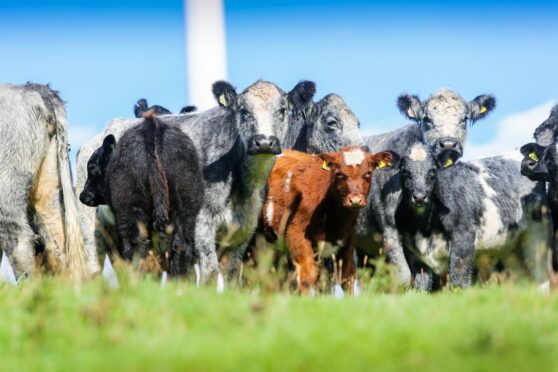Last week’s by-election defeats for the Tory Government are further evidence that voters have decided it is time for a change.
People are fed up with all the psychodramas, the infighting, and the chaos that both Johnson and Truss left behind.
She trashed their reputation on the economy and Johnson destroyed voters trust in his party with his constant lying over party gate.
Since Rishi Sunak and his chancellor Jeremy Hunt took over, they have tried to reassure voters that the grown-ups are back in charge but the fallout from their predecessors continues to haunt them.
When the factions inside a political party hate each other more than they enjoy being in power that is the beginning of the end!
That is now true of the Tories at Westminster.
It also is true for the SNP government in Scotland with their iron discipline breaking down and MSPs and MPs openly rebelling.
Faced with tired ill-disciplined governments in Holyrood and Westminster and the ongoing cost-of-living crisis it looks odds on for a Labour victory in next year’s general election.
It is now their victory to throw away.
The 2024 general election will be the first ever election since 1970 where the future funding for agriculture support will be a UK government decision.
The current £3.5 billion annual funding budget ends in 2024.
For the last 50 years UK farmers have never had to worry about who won elections or whether Labour or the Tories were willing to subsidise the farm sector.
The EU decided farm policies for the seven years ahead which every country had to implement.
EU leaders decided the size of the budget and how it was divided between the countries.
We were in the EU single market and to ensure fair competition every country enjoyed the same levels of support and the same policies for their farmers.
In my experience as a lead negotiator in the 2014 reforms there were substantial downsides to the CAP.
Trying to reform it to tackle new challenges such as climate change was near impossible.
It was like trying to turn a super tanker around.
However, the CAP gave farmers stability and continuity especially on financial support.
With France, Ireland and many Eastern European countries strongly supporting the CAP the budget was secure despite hostility from the UK and the Scandinavian countries.
However, there was always a ticking time bomb under CAP spending.
It was a cash budget with no allowance for inflation.
With low inflation over the last twenty years the value of farm support eroded very slowly.
However, that bomb has now exploded with high inflation biting into the spending power of current financial support.
In the 2019 election, before Brexit, the CAP was still in force, the Government’s balance sheet was in decent shape and all political parties guaranteed farm spending would remain the same until 2024.
This time the backdrop is completely different.
Both the UK and Scottish Governments are hard up and looking for savings.
The Scottish Government has already raided the Scottish farm budget taking out £33 million to meet other spending pressures.
Complicating the issue is the fact that every country has gone its own way in designing new farm policy.
Scotland and Northern Ireland are keeping the Basic Payments.
England and Wales are ending Basic payments, replacing them with Environmental Land Management schemes.
Their new schemes will be demand driven with famers deciding whether to opt in or not.
That raises the fundamental question about the size of the total UK farm budget as it depends entirely on farmers uptake of the new schemes.
With no common policy platform across the countries, it becomes much more difficult to agree how to divide the UK farm budget between the four countries?
Under current funding Scotland receives 17% (£600 million) of the UK farm budget.
The Barnett formula decides Scotland’s share of public spending in every other area.
If used for agriculture spending, it would only provide 11% of the UK farm budget.
That would slash Scotland’s current share of farm spending by £212 million.
The question for NFUS leaders is how do they now justify that massive difference given the divergence of policies between Scotland and England and Wales?
Farmers in England and Wales will be looking jealously at their Scottish competitors continuing to enjoy guaranteed Basic Payments.
Many, I suspect, will complain bitterly that a hugely generous share of UK taxes is funding the payments.
Green lobbyists will be campaigning for politicians to stop pouring public money into a livestock industry that is destroying the planet with methane emissions.
And for the first-time farmers will compete head on with the health service and schools for scarce public money.
Against that background holding on to the current farm budget would be a massive victory for NFUS.
- George Lyon is a former MEP and a former president of NFU Scotland. He is a senior consultant for Hume Brophy.
